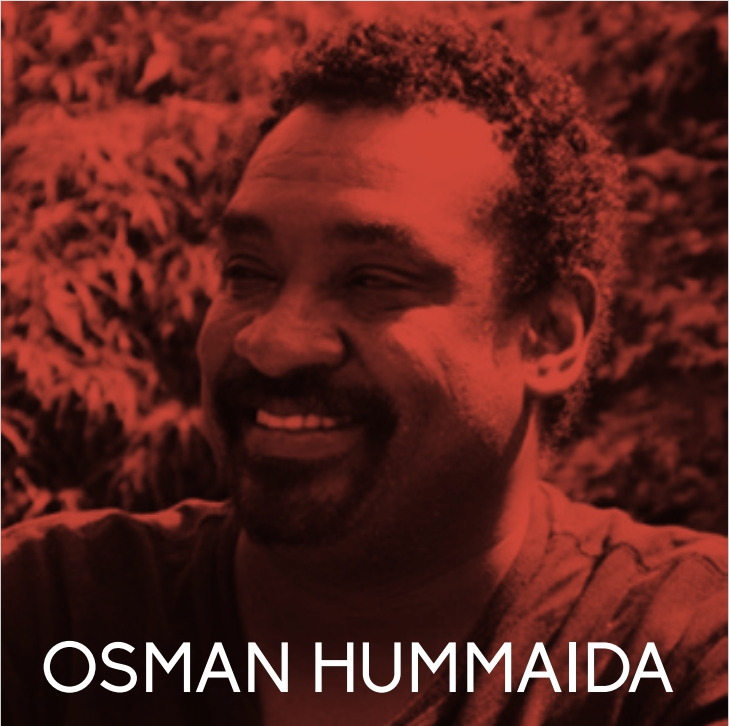The Government of Eritrea should accept recommendations to cooperate fully with the United Nations human rights system, said Human Rights Concern-Eritrea, the East and Horn of Africa Human Rights Defenders Project and CIVICUS: World Alliance for Citizen Participation, following its examination at the Universal Periodic Review yesterday.
Under the Universal Periodic Review mechanism, the human rights record of each UN member state is reviewed every four and a half years. Given the situation of widespread and systematic human rights violations in Eritrea, the UPR process is an important opportunity for scrutiny and dialogue. During the three and a half hour working group session in Geneva, the delegation of Eritrea, headed by Ambassador Tesfamichael Gerahtu, stated its commitment to human rights and to engagement, dialogue and cooperation, and was commended for its participation in the review. However, Eritrea simultaneously continues to refuse to cooperate or allow access to the country to the UN Special Rapporteur on the human rights situation in Eritrea.
“I am shocked by the Eritrean government’s blatant denial of well-documented human rights abuses and that zero improvements have been made since the first UPR review in November 2009,” said Elsa Chyrum, Director of Human Rights Concern-Eritrea. “We urge the government to buck that trend this time round.”
Many countries noted that there had been little or no visible improvements to the human rights situation in Eritrea since the previous review in 2009, especially in the area of civil and political rights. Key concerns raised included the lack of freedom of expression, association, assembly and religion; arbitrary arrests and detention; widespread reports of torture and cruel, inhuman and degrading treatment in detention centres; extra-judicial killings; the use of indefinite national service amounting to forced labour; child soldiers; child labour; the non-implementation of the 1997 Constitution, absence of elections and lack of political space; lack of cooperation with the UN Special Procedure mandate-holders and the need to ratify key international human rights instruments.
CIVICUS, EHAHRDP and HRCE call on Eritrea to accept the constructive recommendations that it received and show real commitment to improving the human rights situation in the country, rather than denying that serious human rights violations exist. As recommended by the majority of countries participating in the review, including at least ten African states, Eritrea should increase cooperation with the UN human rights system, and in particular with the UN Special Rapporteur on the situation of human rights in Eritrea.
For background information and documents on the 18th session of the UPR mechanism, please see: http://www.ohchr.org/EN/NewsEvents/Pages/DisplayNews.aspx?NewsID=14192&LangID=E
To read submissions by HRCE, EHAHRDP and CIVICUS for Eritrea’s UPR, please see:
EHAHRDP: www.defenddefenders.org/2013/11/submission-eritrea-universal-periodic-review/
CIVICUS (with CDRiE): https://civicus.org/images/stories/CIVICUS%20UPR%20Submission%20Eritrea%202013.pdf
For more information, please contact:
Elsa Chyrum, Director, Human Rights Concern-Eritrea, in Geneva, on [email protected] or +41 767 438 911;
Rachel Nicholson, Advocacy Officer, East and Horn of Africa Human Rights Defenders Project, in Kampala on [email protected] or +256 778 932 274
Renate Bloem, UN Representative, CIVICUS, in Geneva, on [email protected] or +41 763 462 310

